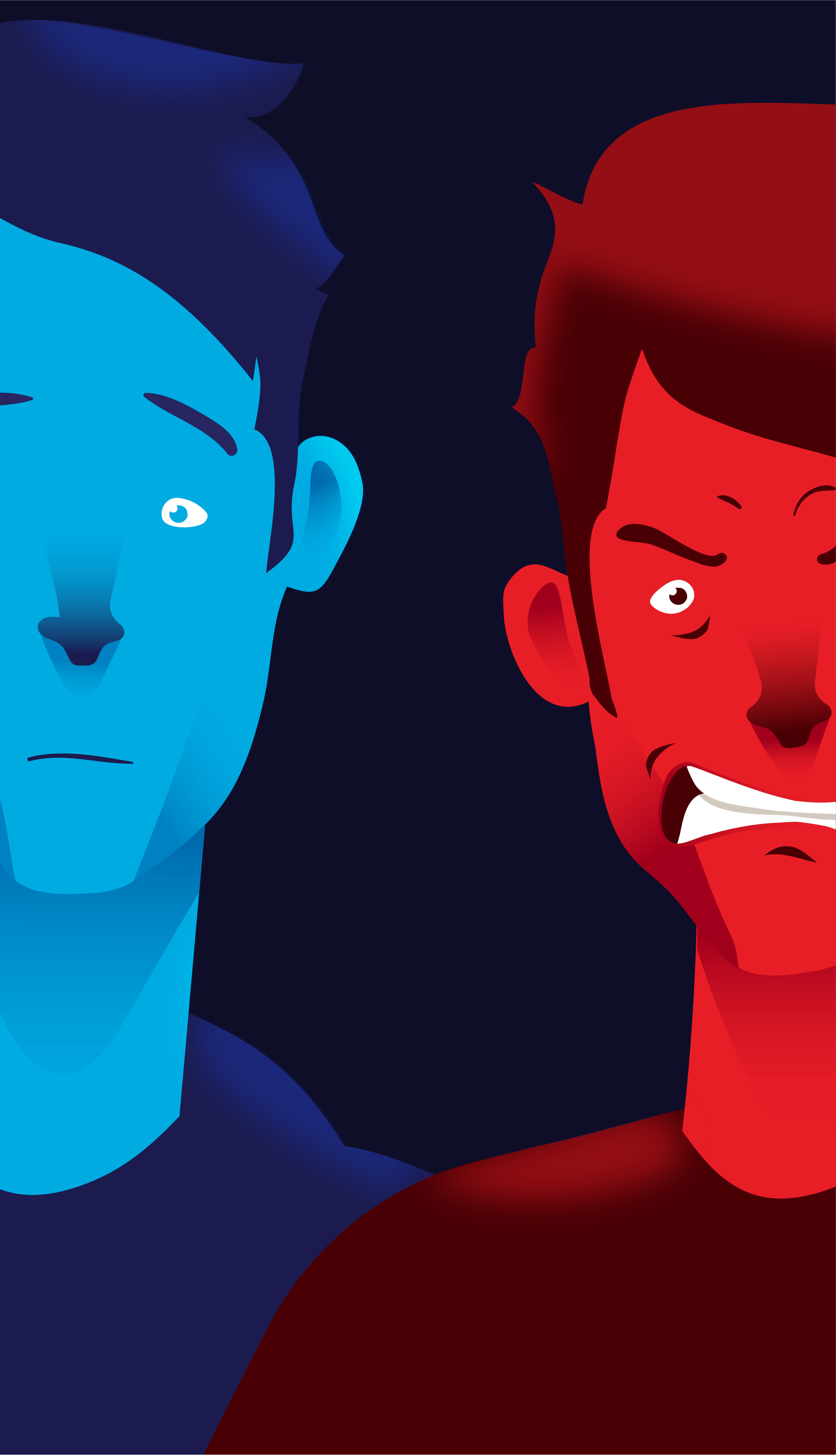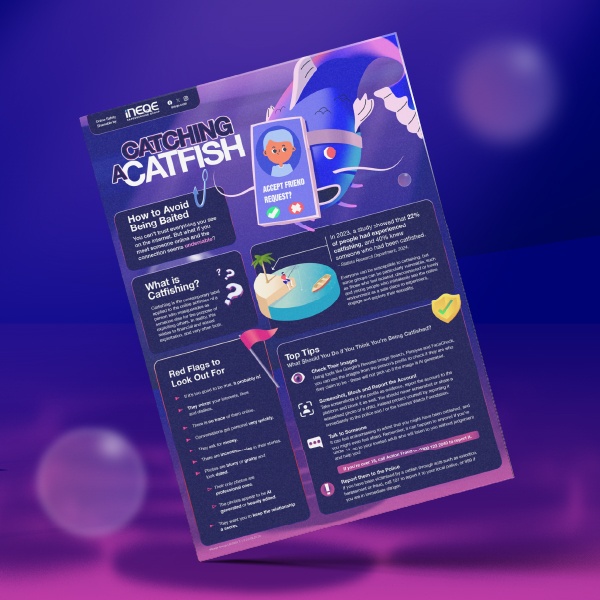Last Updated on 29th July 2025
Incel stands for involuntary celibate. The incel ideology can be complex, with many different subcultures, but it is generally a group of men who feel they are forced to be celibate due to women denying them sex that they feel is owed to them.
Incel stands for involuntary celibate. The incel ideology can be complex, with many different subcultures, but it is generally a group of men who feel they are forced to be celibate due to women denying them sex that they feel is owed to them.
The ‘incel’ terminology and movement started from a very different place than where it is now. It originates from a website that was set up by a woman in the 1990s as a supportive place for people who found it difficult to gain sexual experience. Since then, incel communities have become a place filled with hatred and misogyny, which often champion violence towards women, including in the forms of rape and murder.
There have been at least 8 mass violence attacks attributed to incels or individuals expressing ‘incel’-like views. This includes the shooting in August 2021 when, 22-year-old Jake Davison killed five people in Plymouth, including his mother. Before the shooting, he expressed misogynistic views online against his mother and upset at not having a girlfriend.
Young boys who feel isolated, rejected, and ostracised are particularly vulnerable. They may feel they aren’t a part of ‘normal’ society and the incel community online offers a place to be accepted into a group, with older members of the community often preying on this vulnerability.
Incel groups online frequently use memes, slang, and jokes that will appeal to younger audiences, as well as creating a kind of secret language between themselves, emphasising the ‘us’ against ‘them’ sense of community.
Today’s world is a challenging place for young people. For teenage boys, they may be feeling all kinds of emotions, including anger and low confidence, due to hormonal changes or outside factors such as the pressures of social media, difficulties making friends, or struggling in school.
For some, their induction into the world of ‘inceldom’ may begin innocently enough. They could stumble into it through searching for relationship advice or information about what to do when you are lonely.
It is worth noting that incel groups are often associated with racist views, with Black men being a particular target due to a belief that they are more successful with women. There are many more offshoot groups of incels, with a variety of slightly different belief sets, including groups that are made up of men from Black, Asian and minority ethnic groups who highlight their race as a reason why they are incels.
The Impact of Online Misogyny in Schools
According to the BBC, teachers across the U.K. have identified a rise in misogynistic attitudes and behaviour from pupils. Sometimes, repeated exposure to this online misogyny can lead to accessing extremist content and incel communities. To prevent the rise of misogyny to leading to extremism, the government in England previously made the RHSE (relationships, health, and sex education) curriculum compulsory for all schools in England in 2020. This curriculum is currently under review, and, with this, the government aims to “ensure young people learn about healthy relationships, boundaries and consent from primary school”.
In Scotland, a new framework was released last year which aimed to provide education staff with methods to tackle the rise of ‘toxic masculinity’ within schools to prevent escalation of pupils moving towards extremist ideologies.
In Wales, it is mandatory to teach the RSE curriculum which focuses on educating young people on healthy relationships and sex education. Schools also have access to a specific healthy relationships and sexual violence programme (Spectrum) to support with prevention and early intervention.
In Northern Ireland, it is also mandatory to teach RSE. The government launched an inquiry into its effectiveness within the last year to ensure it teaches consent education, aiming to reduce sexual violence. The government and PSNI have worked together to create a campaign to tackle misogyny at its root named the ‘Power to Change’ campaign. The campaign focuses on challenging boys and young men to check and change their behaviours towards women and girls.

Are There Signs to Look Out For?
Knowing whether a young person has become involved with the incel community is not straightforward. The following is not an exhaustive list; there could be other signs or none at all.
What Can You Do?
Join us on Tuesday 7th October for our ‘Masculinity, Misogyny, Incels: A Safeguarding Insight’ webinar, where attendees will:
Are you an eligible Safer School? You could get access to this webinar for FREE! For more information, to check your eligibility and to book your place click the link below.
Join our Online Safeguarding Hub Newsletter Network
Members of our network receive weekly updates on the trends, risks and threats to children and young people online.








